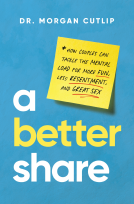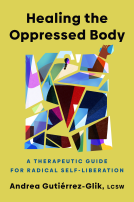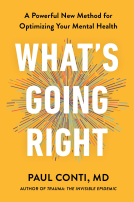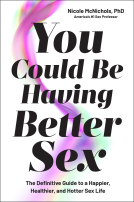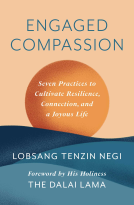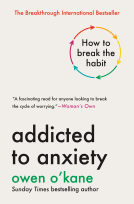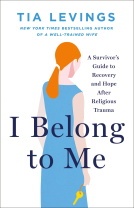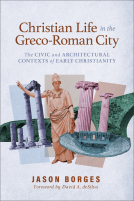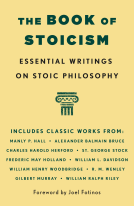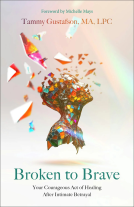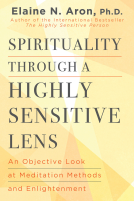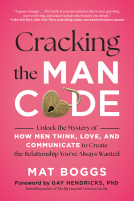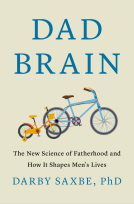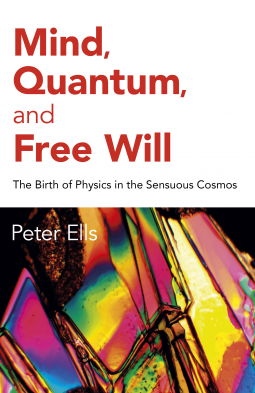
Mind, Quantum, and Free Will
The Birth of Physics in the Sensuous Cosmos
by Peter Ells
This title was previously available on NetGalley and is now archived.
Send NetGalley books directly to your Kindle or Kindle app
1
To read on a Kindle or Kindle app, please add kindle@netgalley.com as an approved email address to receive files in your Amazon account. Click here for step-by-step instructions.
2
Also find your Kindle email address within your Amazon account, and enter it here.
Pub Date Jan 01 2023 | Archive Date Nov 07 2022
John Hunt Publishing Ltd | Iff Books
Talking about this book? Use #MindQuantumandFreeWill #NetGalley. More hashtag tips!
Description
A Note From the Publisher
Advance Praise
Mind, Quantum, and Free Will is engagingly written, with an impressive breadth and depth of scholarship. I found it quite provocative in multiple respects, and believe that most readers with interests in these topics would be enriched by exploring it.
Andrew Westcombe, PhD in philosophy; specialising in metaphysics and the mind-body problem
Available Editions
| EDITION | Other Format |
| ISBN | 9781785359651 |
| PRICE | CA$41.95 (CAD) |
Average rating from 5 members
Featured Reviews
Many thanks for the ARC of this excellent work!
This is a challenging and complex book. Not for the casual reader. It is extremely thought=provoking and if that is what you are looking for, you will not be disappointed. The topic is controversial, of course, and not everyone will like or agree with the author. But reading should expand your mind and your thinking processes, and this work will definitely accomplish that. The deep exploration of consciousness and free will will make your head explode a little but that is OK.
There is alot to chew on in "Mind, Quantum, and Free Will". Peter's book is intellectually challenging but worth pushing yourself to enter into the powerful truths that he is seeking to help us digest. If you are interested in the topic of consciousness and free will, this is a must read!
If we think seriously about the problems of Consciousness and Free will, then the author believes that the only rational conclusion is that each piece of matter (like an electron) must possess a primitive mind and a freedom to act, like an agent.
He is led to this conclusion because all of the other traditional solutions to the problem of consciousness have failed. The majority of scientists start with a “physicalist” assumption and they either explain away consciousness (eliminativism) or describe it as “somehow” supervening (emergetism). But approaches like that are not explanations. They are just assertions.
The author flips the problem, and suggests that we should start with our most fundamental human realisation, that we are experients who are experiencing a world. Rather than trying to ‘explain away’ that reality, we should prioritise the mental (Idealist) reality as the ultimate reality. So rather than explain how the physical stuff can acquire mental properties, we should view physical stuff as having a mental dimension and ponder why it should also appear physically.
The author admits that this approach leads to ‘weird’ conclusions, but he thinks that it is better to reach a conclusion, rather than just throw his hands up in the air and say that it is an insolvable problem, like the mysterians do.
This book does well to give a detailed survey of alternative viewpoints. So readers come away with a good appreciation of the scholarly ‘field.’ It also shows a model approach in how to evaluate rival theories, working through explicit criteria before reaching its own conclusions.
The author also did well to challenge the assumption that Science has disproved free will. Determinism is just one ‘interpretation’ of neuroscience, albeit a widely held opinion by Physicalists who believe in a causal closure, so that every physical event must be explained by another. The author is right to challenge (ideological) assumptions like that and to stress that there are alternative ways of looking at the data. His approach is unusual, in putting ‘free will’ so central to the problem of consciousness, but he explains and justifies his methodology. Whether readers agree or disagree with him, this is a refreshingly different way of thinking about issues which are otherwise well-trodden.
Where the book does less well is with its inclusion of dense chapters full of scientific notation. This will potentially limit a readership interested in the philosophical ideas. It would have been better to put the science in an appendix, and keep the chapters of the book flowing in a clearer and simpler way.
I also thought that the book’s conclusions became over-confident. Yes I can see how ascribing mental properties to matter moves some of the issues forward, but I was less convinced that the author has solved the problem of ‘combination,’ which it leads to. This is the problem of explaining how bits of mental-ness can combine to give the unified experience of consciousness which humans have. The author appeals to ‘entanglement.’ He even stated that his solution is a ‘key reason for giving this book serious consideration’ (Kindle 70%). But I felt that the point was more asserted, than argued, and that ultimately left the author’s ‘Pan idealist’ proposal as no more successful than alternative approaches to the problem of consciousness.
The book deserves a wide readership amongst philosophy and science students, but I fear the dense scientific notion in the central chapters will put some readers off.
This is an honest review of an ‘advanced review copy’ (ARC) of the book
Readers who liked this book also liked:
Justin R. Garcia
Health, Mind & Body, Nonfiction (Adult), Parenting, Families, Relationships
Nicole McNichols
Health, Mind & Body, Parenting, Families, Relationships, Self-Help
Elaine N. Aron
Health, Mind & Body, Nonfiction (Adult), Self-Help

